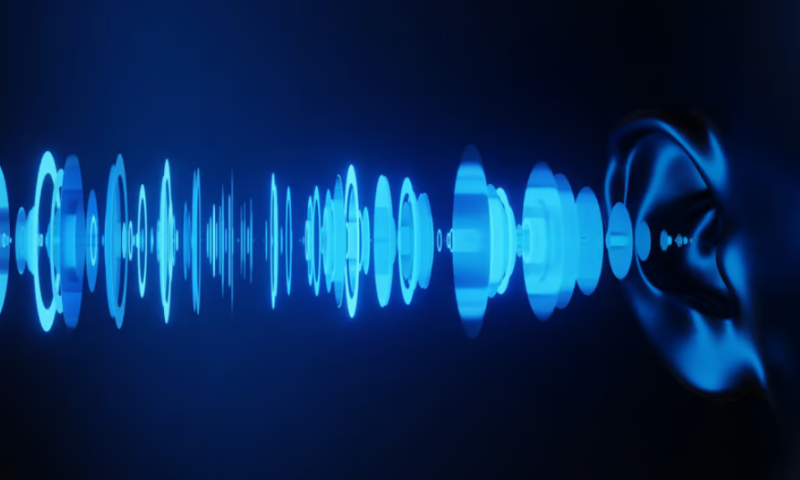Eli Lilly says an investigational gene therapy has restored hearing in one child who has experienced hearing loss since birth.
The early phase 1/2 data examines a single administration of a dual adeno-associated viral vector-based gene therapy known as AK-OTOF and was shared Jan. 23 by Lilly’s wholly owned subsidiary Akouos. More data, including initial data from a second participant, will be shared during the 2024 Association for Research in Otolaryngology MidWinter Meeting on Saturday, Feb. 3.
For now, Lilly has said hearing restoration was observed within 30 days of AK-OTOF administration in the first study participant, an 11-year-old that is also the first person to receive gene therapy for a genetic form of hearing loss in the U.S.
The child’s hearing was restored across all tested frequencies and fell within the normal hearing range at some frequencies on day 30. No serious adverse events were reported, according to the Big Pharma, and both the surgical administration procedure and investigational therapy were well tolerated.
AK-OTOF, which has snagged both orphan drug and rare pediatric disease status from the FDA, is designed to treat sensorineural hearing loss due to mutations in the otoferlin gene (OTOF) via gene transfer and durable expression of normal, functional otoferlin protein to the inner hair cells of the cochlea. The Akouos delivery device, which is being developed in parallel for intracochlear administration, is made to deliver AK-OTOF throughout the cochlea.
The phase 1/2 trial is a dose-escalating study, with participants in cohort 1 receiving AK-OTOF at a dose of 410 billion total vector genomes and a second group expected to receive 810 billion total vector genomes. The study, which launched last year, is slated to wrap up in 2028 and enroll a total of 14 participants, according to ClinicalTrials.gov.
“Gene therapy for hearing loss is something physicians and scientists around the world have been working toward for over 20 years,” John Germiller, M.D., Ph.D., attending surgeon and director of clinical research for otolaryngology at Children’s Hospital of Philadelphia and a principal investigator of the AK-OTOF-101 trial, said in the Jan. 23 release. “These initial results show that it may restore hearing better than many thought possible.”
Currently, no approved pharmacologic treatments designed to restore hearing exist.

